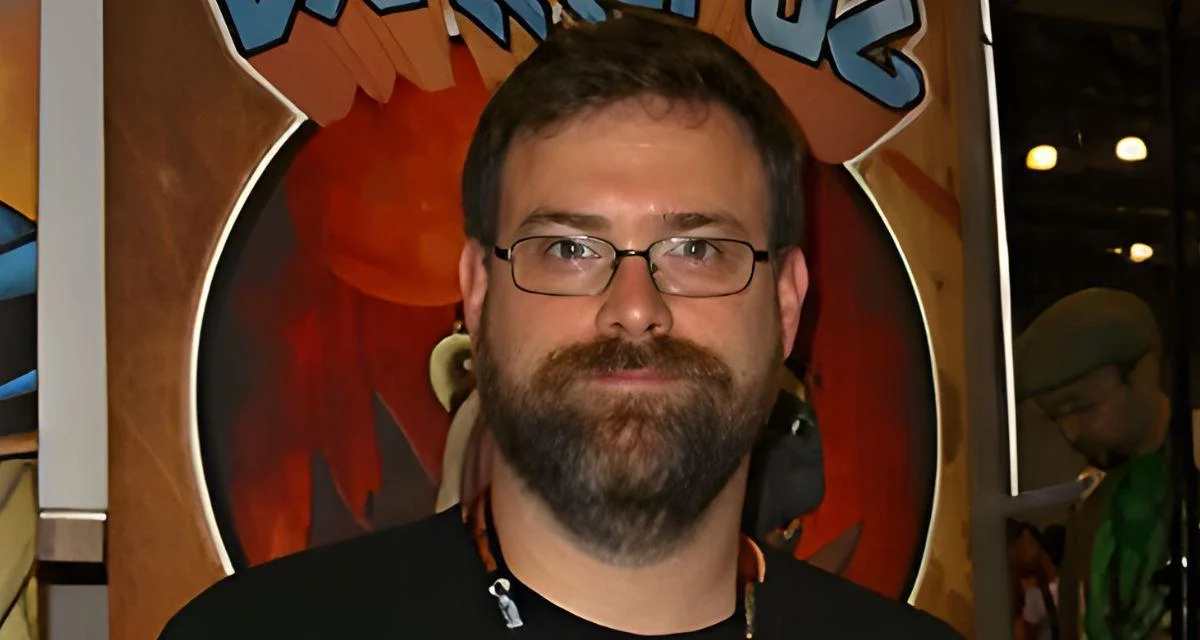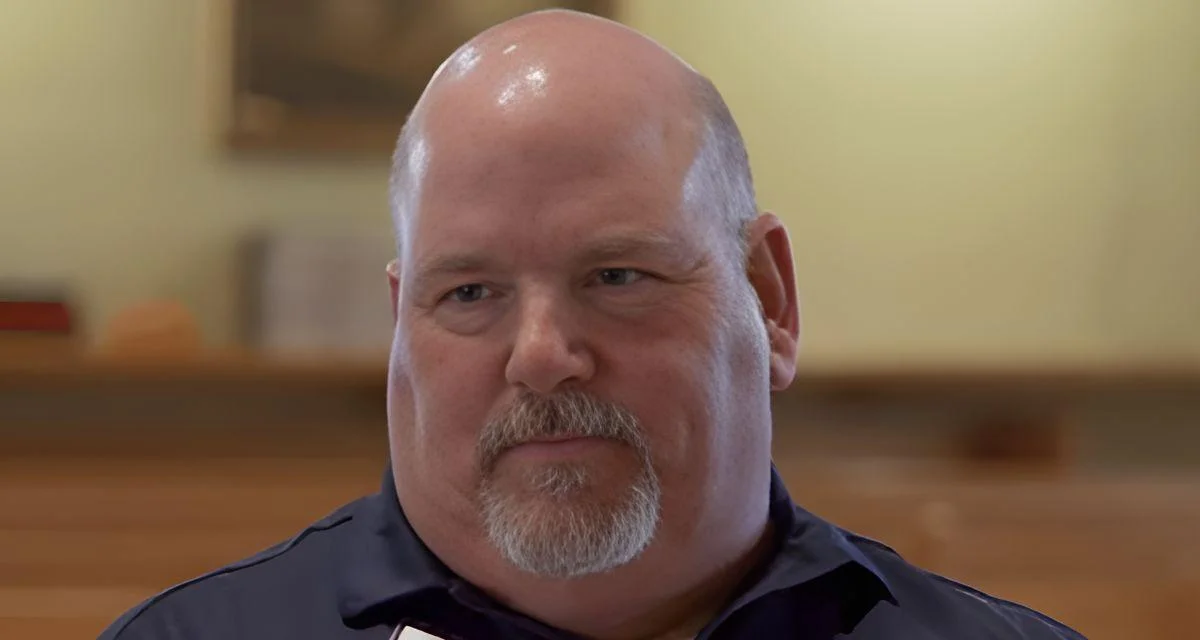The president of the United States signed an Executive Order titled “Ending Crime and Disorder” on July 24, which directs federal departments to prioritize grants for states that enact stricter policies addressing homelessness. These measures include encampment bans, increased law enforcement presence, and involuntary institutionalization of people experiencing homelessness.
The order comes at a time when the homeless population in the United States is at its highest level. Housing costs continue to rise while recent jobs data show that employment growth has stalled, with fewer positions being filled by employers.
The Executive Order asserts: “The overwhelming majority of these individuals are addicted to drugs, have a mental health condition, or both. Nearly two-thirds of homeless individuals report having regularly used hard drugs like methamphetamines, cocaine, or opioids in their lifetimes. An equally large share of homeless individuals reported suffering from mental health conditions.” The order also claims that the homeless population is responsible for crime and disorder.
Critics argue that these statements do not reflect the experiences of all people experiencing homelessness and say that linking homelessness primarily to addiction or mental illness overlooks economic pressures and rising living costs affecting many Americans. They contend that criminalizing or institutionalizing those without homes does not address underlying causes.
Homelessness is not limited to visible street populations or urban areas. According to the Department of Housing and Urban Development (HUD), people are considered homeless if they lack a fixed nighttime residence; this includes several categories such as imminent risk of losing housing or fleeing domestic violence. Many who meet these definitions hold jobs—sometimes more than one—and families also fall into these categories.
Some observers note that this policy could increase the number of people entering private prisons in the U.S., reversing previous restrictions on their use. In January 2021, an executive order banned privately operated criminal detention facilities. However, a later action revoked nearly 80 prior presidential directives, reopening private prisons for immigrants and potentially now for people experiencing homelessness.
A statement from the National Alliance to End Homelessness reads: “Homelessness is one of America’s most visible yet least understood challenges. It affects people from all walks of life who struggle due to economic hardship, lack of affordable housing, or other systemic barriers. The reality is that most people are forced into homelessness by circumstances beyond their control. The solutions lie in systemic changes, not quick fixes.”
Recent increases in homelessness across the country have been attributed to several factors: worsening shortages of affordable housing, stagnant wages compared with rising rents, inflationary pressures over recent years, and the end of pandemic-era assistance programs. Other contributors include weaker social safety nets and increased natural disasters.
Social support programs like Medicaid, SNAP (Supplemental Nutrition Assistance Program), and TANF (Temporary Assistance for Needy Families) play roles in supporting financially vulnerable populations during difficult times. Forecasts suggest job losses and reduced state revenues could further increase hardship if services are cut back following new budget measures.
In December 2024, HUD released its Annual Homelessness Assessment Report showing an 18% increase in homelessness between 2023 and 2024.
Faith communities have historically provided shelter options and support services for unhoused individuals. As some congregations consider how best to use their buildings amid declining membership numbers, more churches are developing low-income housing projects or expanding services for those without stable homes.
Advocates stress continued efforts are needed as government policies raise concerns about increased incarceration rates among vulnerable groups—particularly through funding private prison operators—and call upon faith communities’ commitment to serve those most at risk.
 Alerts Sign-up
Alerts Sign-up






